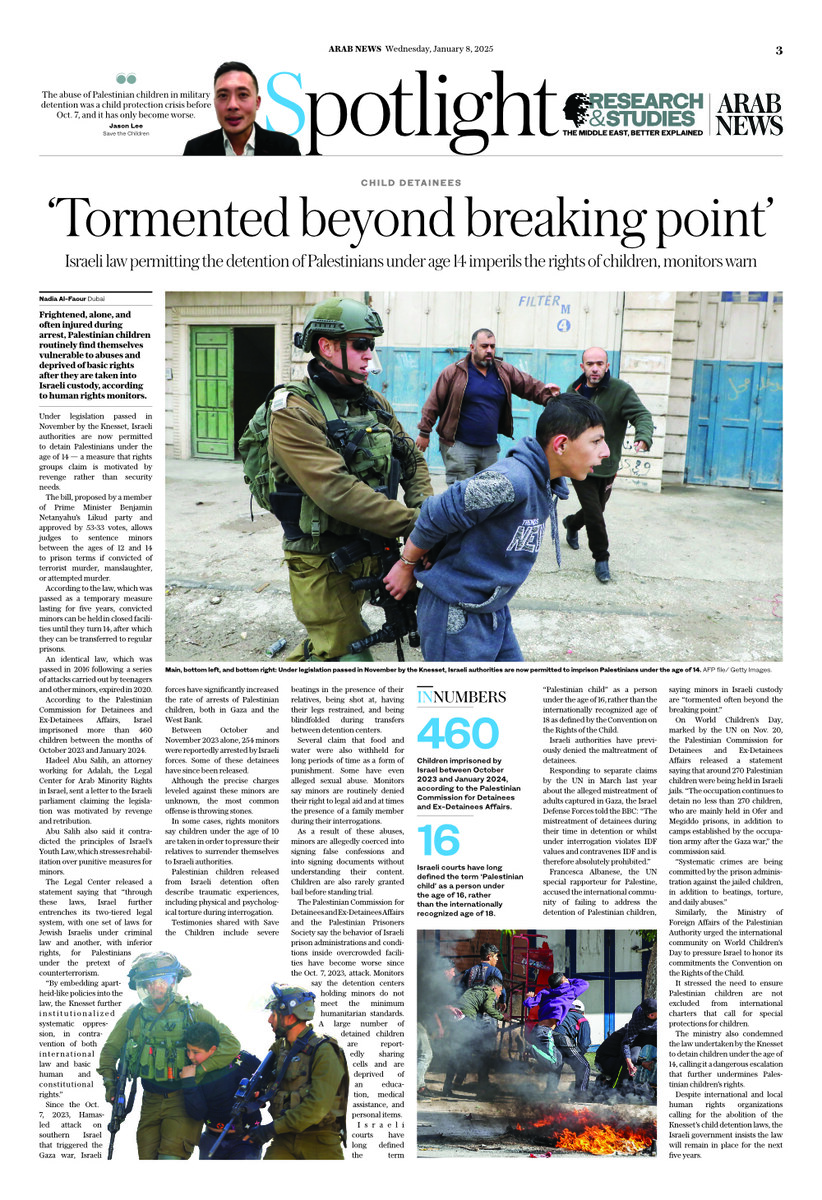DUBAI: Frightened, alone, and often injured during arrest, Palestinian children routinely find themselves vulnerable to abuses and deprived of basic rights after they are taken into Israeli custody, according to human rights monitors.
Under legislation passed in November by the Knesset, Israeli authorities are now permitted to detain Palestinians under the age of 14 — a measure that rights groups claim is motivated by revenge rather than security needs.
The bill, proposed by a member of Prime Minister Benjamin Netanyahu’s Likud party and approved by 53-33 votes, allows judges to sentence minors between the ages of 12 and 14 to prison terms if convicted of terrorist murder, manslaughter, or attempted murder.
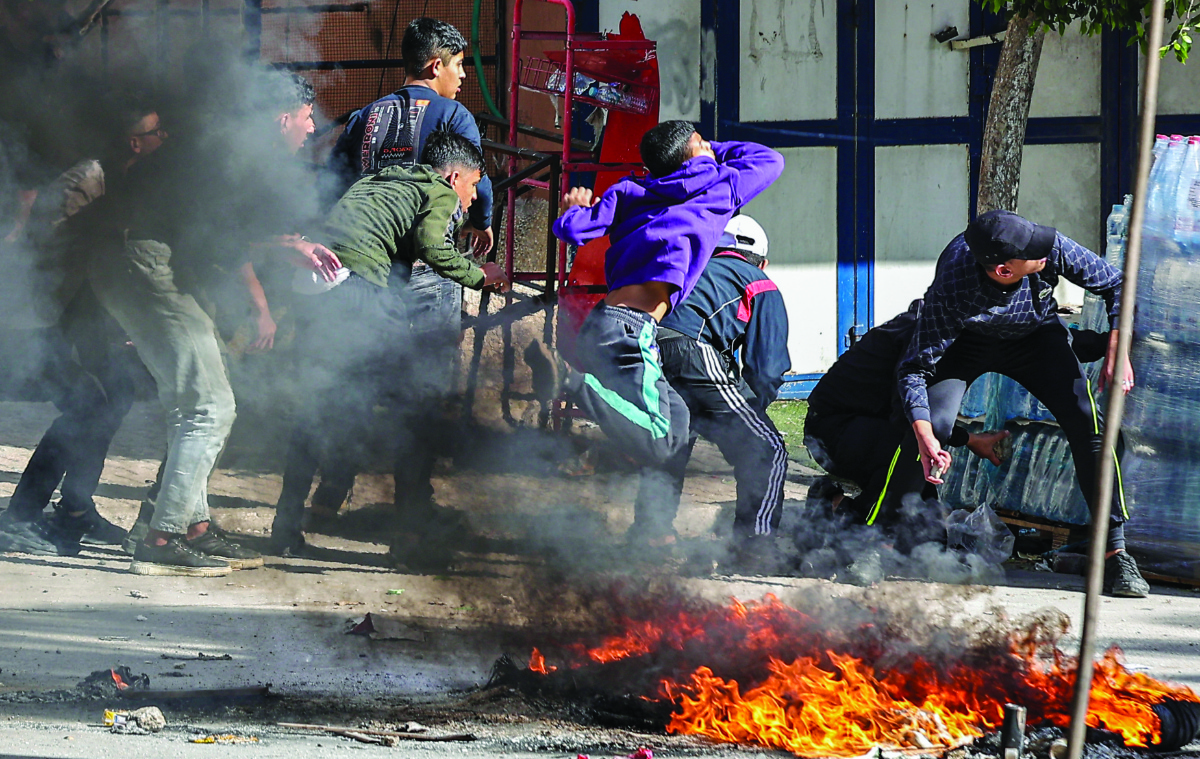
Palestinians clash with Israeli security forces during a raid at the Balata camp for Palestinian refugees, east of Nablus in the occupied West Bank on November 23, 2023. (AFP)
According to the law, which was passed as a temporary measure lasting for five years, convicted minors can be held in closed facilities until they turn 14, after which they can be transferred to regular prisons.
An identical law, which was passed in 2016 following a series of attacks carried out by teenagers and other minors, expired in 2020.
According to the Palestinian Commission for Detainees and Ex-Detainees Affairs, Israel imprisoned more than 460 children between the months of October 2023 and January 2024.
INNUMBERS
460
Children imprisoned by Israel between October 2023 and January 2024, according to the Palestinian Commission for Detainees and Ex-Detainees Affairs.
16
Israeli courts have long defined the term ‘Palestinian child’ as a person under the age of 16, rather than the internationally recognized age of 18.
The Israeli parliament also passed a law in November that allows for the deportation of the family members of those convicted of attacks on Israeli citizens.
Furthermore, it allows for the deportation of the family members of those who had advance knowledge and either failed to report the matter to the police or “expressed support or identification with an act of terrorism.”
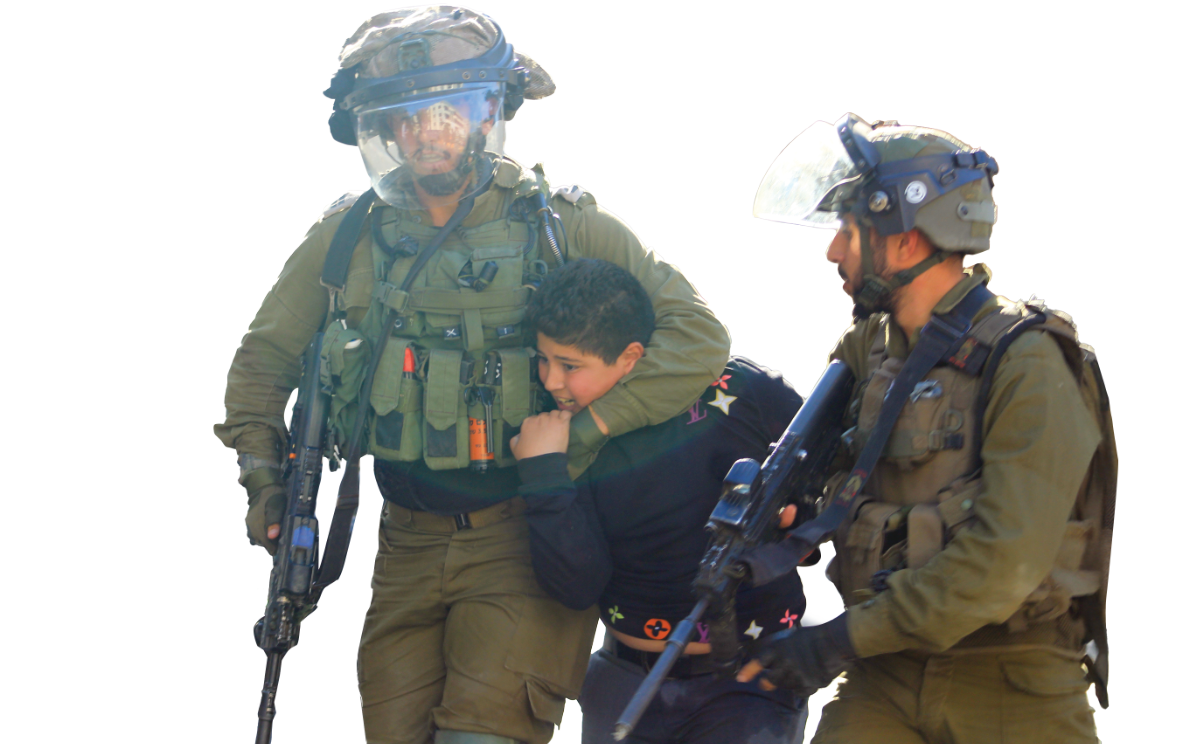
Under legislation passed in November by the Knesset, Israeli authorities are now permitted to imprison Palestinians under the age of 14. (AFP file/Getty Images)
Relatives of those who published “praise, sympathy or encouragement for an act of terrorism or a terrorist organization” can also be deported.
“This is a historic and important day for all citizens of Israel,” Itamar Ben Gvir, Israel’s national security minister, said in a statement welcoming the bill, which he said “sends a clear message the State of Israel will not allow the families of the terrorists to continue enjoying life as if nothing had happened.
“From today onwards, every father, mother, child, brother, sister or spouse who identifies with and supports their family member who harmed the citizens of Israel will be deported.”
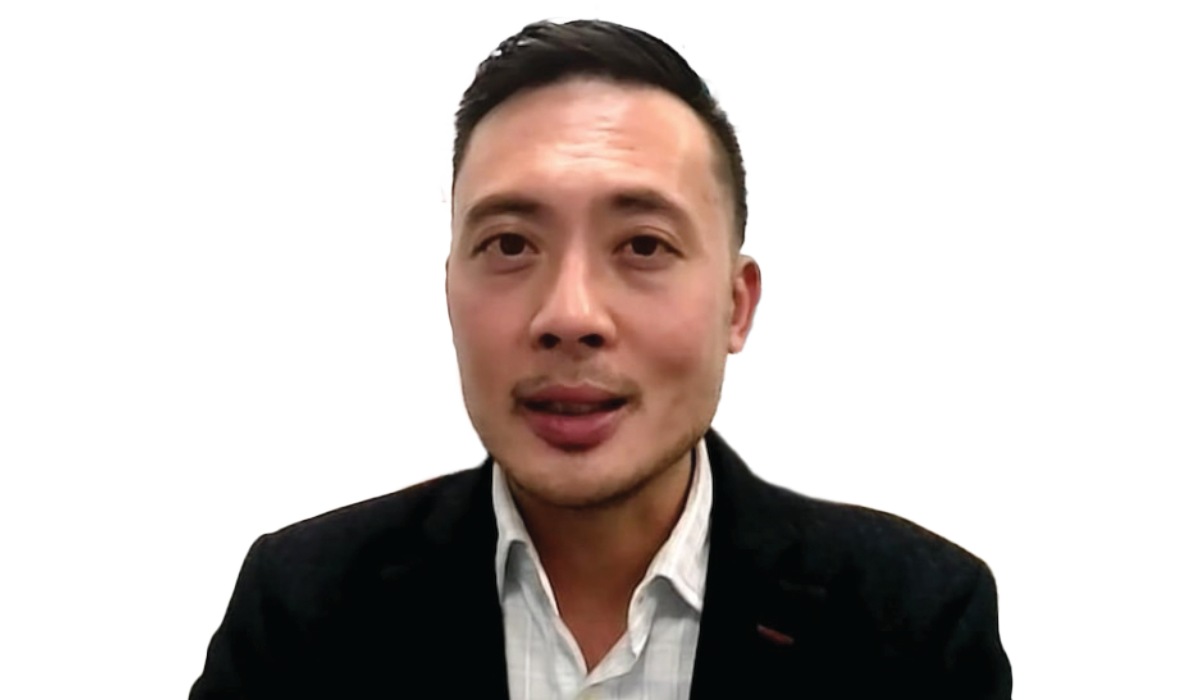
The abuse of Palestinian children in military detention was a child protection crisis before Oct. 7, and it has only become worse, says Jason Lee, Save the Children.
Both Israel’s Justice Ministry and the Attorney General’s Office raised concerns about the legislation, which stipulates that those being expelled would be sent to Gaza or other destinations for 7-15 years for citizens or 10-20 years for legal residents.
Some opposition members of the Knesset suggested at the time that the legislation is targeted specifically at Palestinian citizens of Israel, saying the law is unlikely to apply to Jewish Israelis convicted of terrorism offenses.
Israeli and Palestinian human rights organizations have branded both new laws unconstitutional.
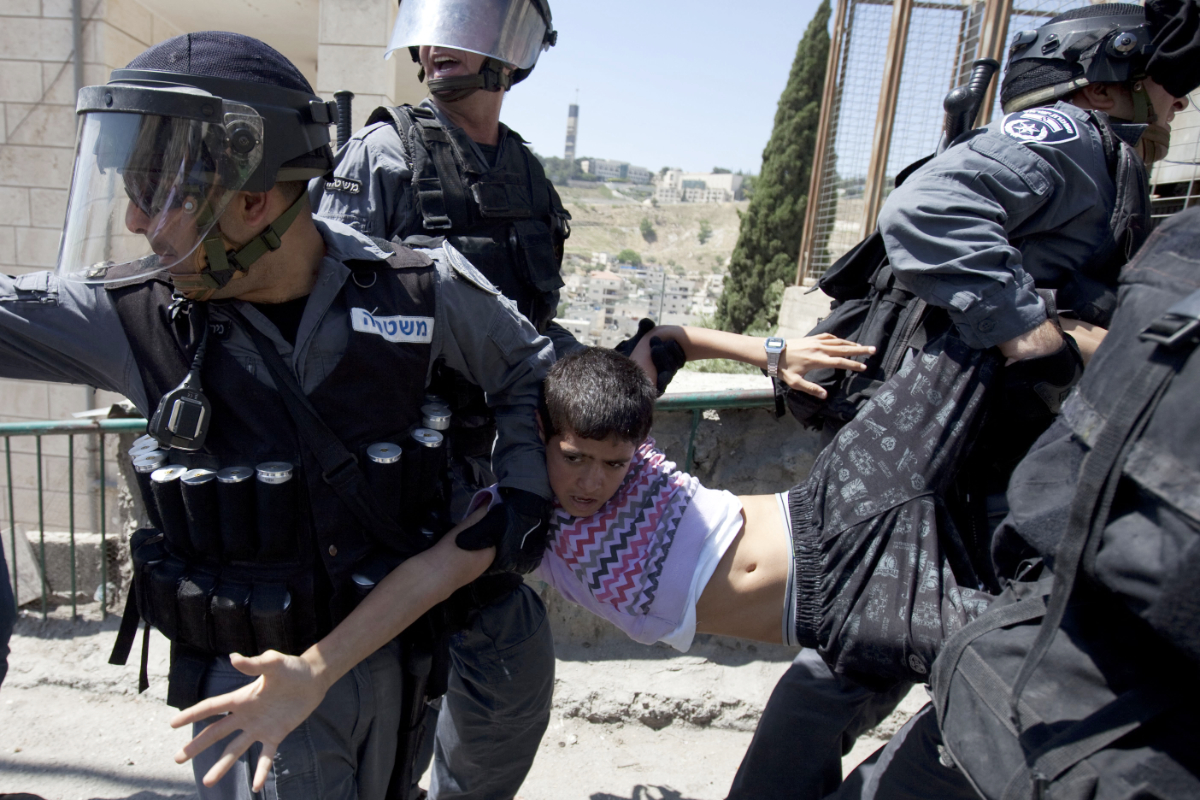
Israeli policemen detain a Palestinian boy in the east Jerusalem Arab neighborhood of Issawiya on May 15, 2012, during protests to mark Nakba day. (AFP)
Hadeel Abu Salih, an attorney working for Adalah, the Legal Center for Arab Minority Rights in Israel, sent a letter to the Israeli parliament claiming the legislation was motivated by revenge and retribution.
Abu Salih also said the legislation contradicts the principles of Israel’s Youth Law, which stresses rehabilitation over punitive measures for minors.
The Legal Center released a statement saying that “through these laws, Israel further entrenches its two-tiered legal system, with one set of laws for Jewish Israelis under criminal law and another, with inferior rights, for Palestinians under the pretext of counterterrorism.
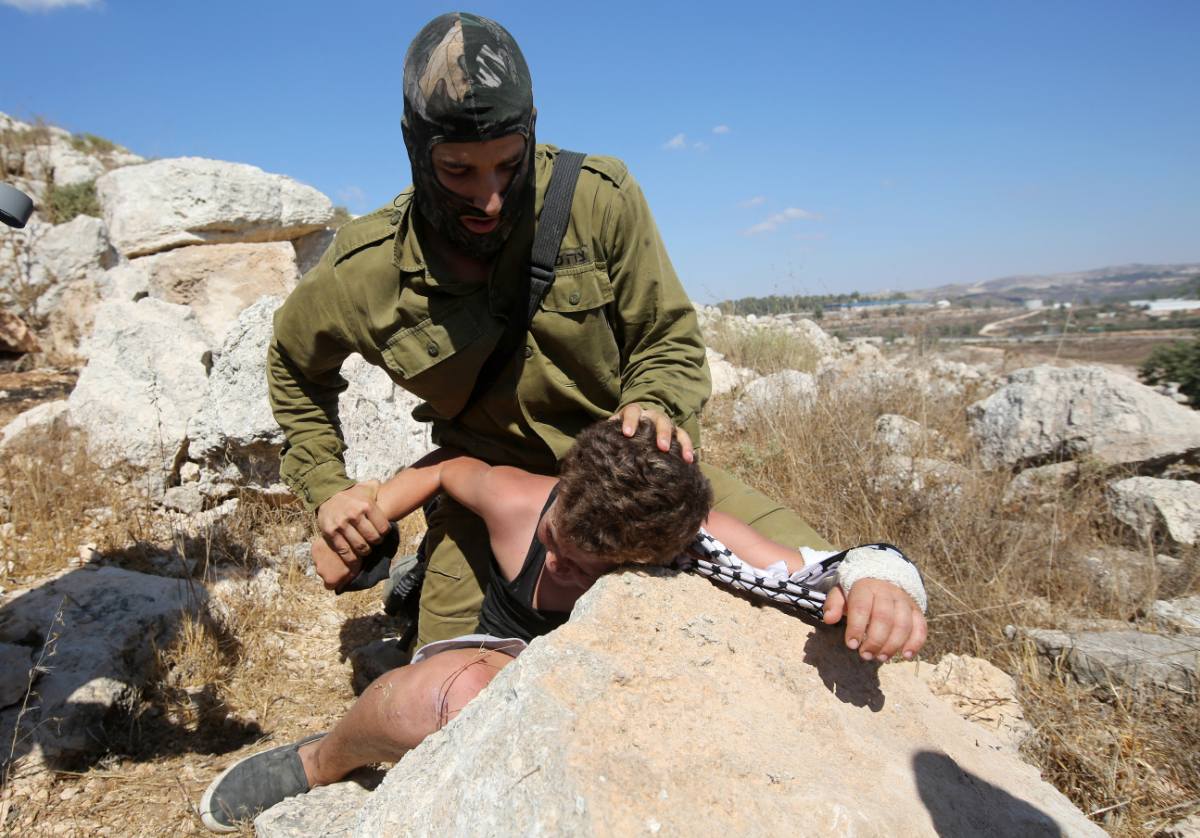
An Israeli soldier controls a Palestinian boy during clashes between Israeli security forces and Palestinian protesters following a march against Palestinian land confiscation to expand the nearby Jewish Hallamish settlement on August 28, 2015 in the West Bank village of Nabi Saleh near Ramallah. (AFP)
“By embedding apartheid-like policies into the law, the Knesset further institutionalized systematic oppression, in contravention of both international law and basic human and constitutional rights.”
Since the Oct. 7, 2023, Hamas-led attack on southern Israel that triggered the Gaza war, Israeli forces have significantly increased the rate of arrests of Palestinian children, both in Gaza and the West Bank.
Between October and November 2023 alone, 254 minors were reportedly arrested by Israeli forces. Some of these detainees have since been released.
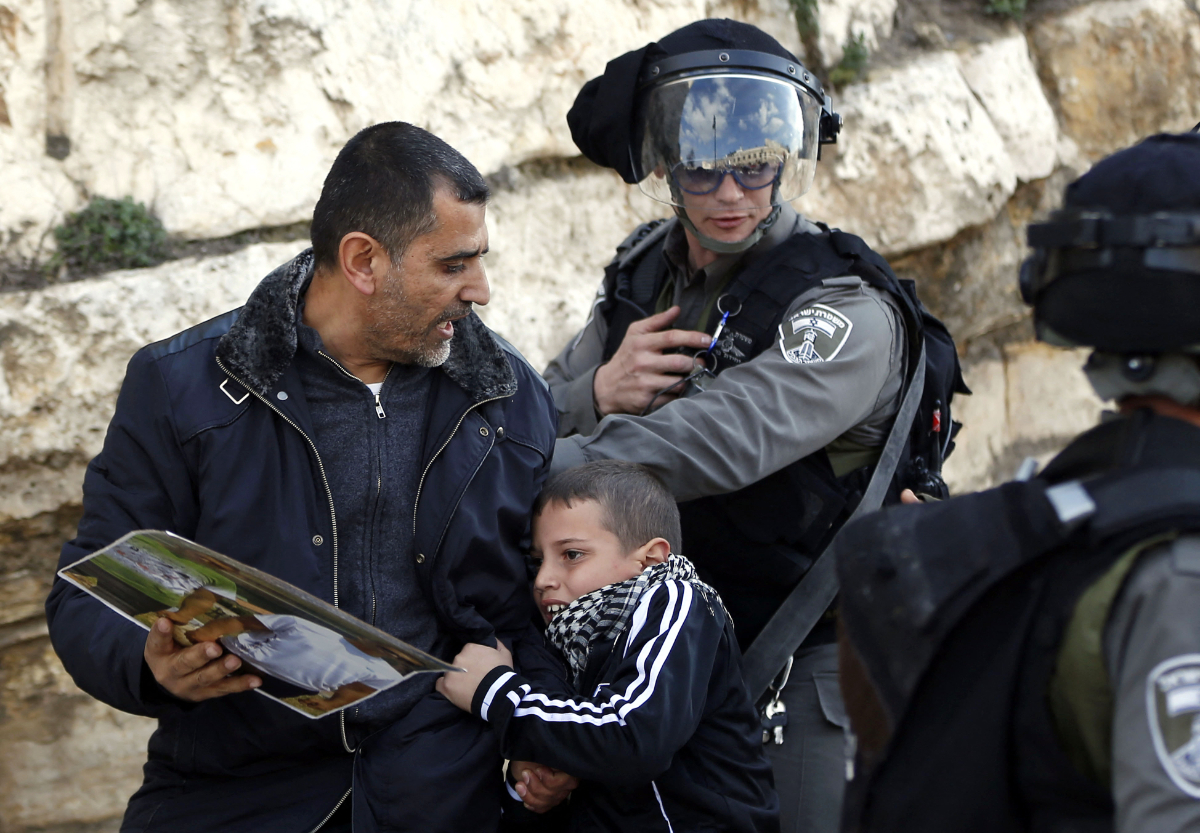
Israeli security forces scuffle with a Palestinian boy outside Damascus Gate in Jerusalem's old city during a demonstration on December 26, 2015. (AFP)
The bulk of the arrest operations appear to take place in towns, camps, and other areas with points of contact with Israeli checkpoints. Although the precise charges leveled against these minors are unknown, the most common offense is throwing stones.
In some cases, rights monitors say children under the age of 10 are taken in order to pressure their relatives to surrender themselves to Israeli authorities.
Palestinian children released from Israeli detention often describe traumatic experiences, recounting harsh measures enforced by guards and the prison administration, including allegations of physical and psychological torture during interrogation.
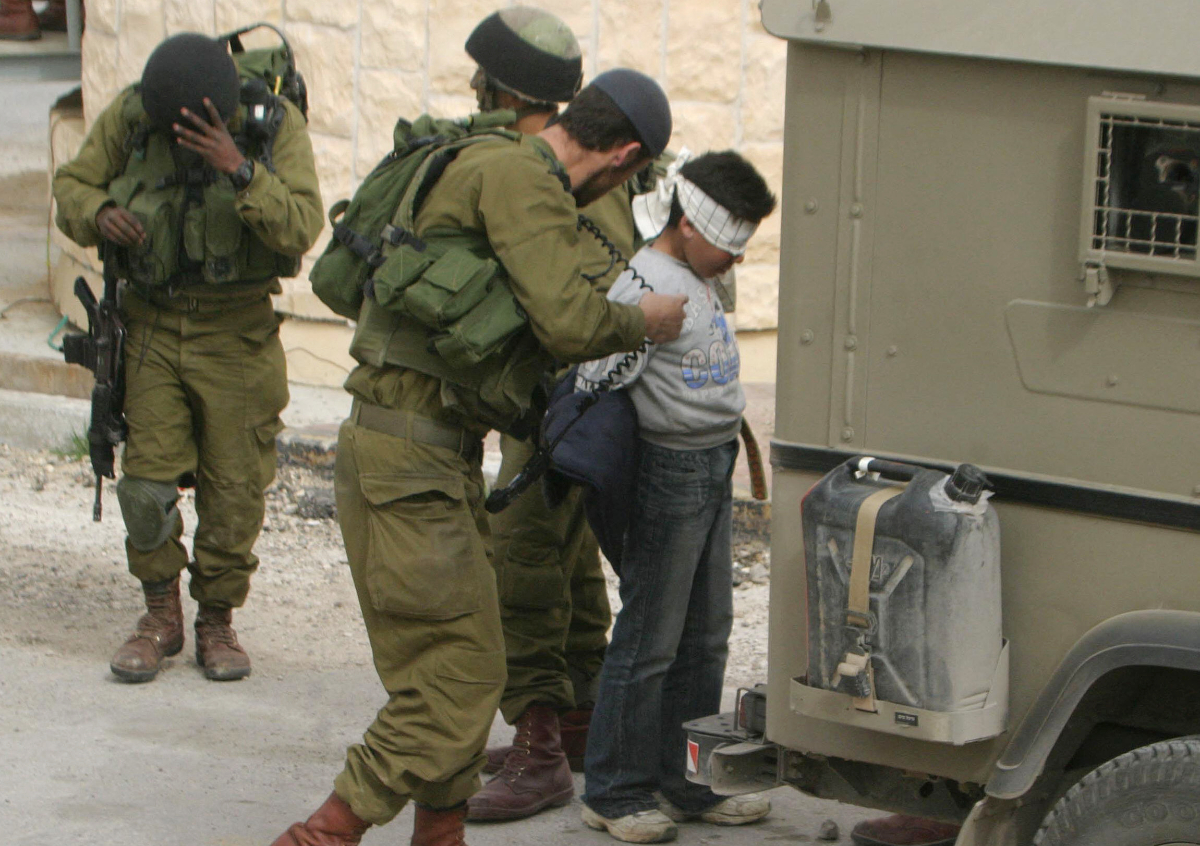
Nael al-Atrash, eleven-years-old, is blind folded and hand cuffed by Israeli soldiers who raided the neighborhood of Jabal al-Takruri in the West Bank town of Hebron 08 March 2006. (AFP)
Testimonies shared with Save the Children include severe beatings in the presence of their relatives, being shot at, having their legs restrained, and being blindfolded during transfers between detention centers.
Several claim that food and water were also withheld for long periods of time as a form of punishment. Some have even alleged sexual abuse. Monitors say minors are routinely denied their right to legal aid and at times the presence of a family member during their interrogations.
As a result of these abuses, minors are allegedly coerced into signing false confessions and into signing documents without understanding their content. Children are also rarely granted bail before standing trial.
The Palestinian Commission for Detainees and Ex-Detainees Affairs and the Palestinian Prisoners Society have expressed concern about the ongoing detention of children and the alleged abuses.
Both say the behavior of Israeli prison administrations and conditions inside overcrowded facilities have become worse since the Oct. 7, 2023, attack.
Monitors say the detention centers holding minors do not meet the minimum humanitarian standards. A large number of detained children are reportedly sharing cells and are deprived of an education, medical assistance, and personal items such as books and clothing.
Israeli courts have long defined the term “Palestinian child” as a person under the age of 16, rather than the internationally recognized age of 18 as defined by the Convention on the Rights of the Child.
Israeli authorities have previously denied the maltreatment of detainees.
Responding to separate claims by the UN in March last year about the alleged mistreatment of adults captured in Gaza, the Israel Defense Forces told the BBC: “The mistreatment of detainees during their time in detention or whilst under interrogation violates IDF values and contravenes IDF and is therefore absolutely prohibited.”
Francesca Albanese, the UN special rapporteur for Palestine, accused the international community of failing to address the detention of Palestinian children, saying minors in Israeli custody are “tormented often beyond the breaking point.”
On World Children’s Day, marked by the UN on Nov. 20, the Palestinian Commission for Detainees and Ex-Detainees Affairs released a statement saying that around 270 Palestinian children were being held in Israeli jails.
“The occupation continues to detain no less than 270 children, who are mainly held in Ofer and Megiddo prisons, in addition to camps established by the occupation army after the Gaza war,” the commission said.
“Systematic crimes are being committed by the prison administration against the jailed children, in addition to beatings, torture, and daily abuses.”
According to Palestinian rights monitors, more than 11,700 people from the West Bank have been detained since October 2023. This does not include those from the Gaza Strip, where the number of arrests is thought to be far higher.
Similarly, the Ministry of Foreign Affairs of the Palestinian Authority urged the international community on World Children’s Day to pressure Israel to honor its commitments to global treaties, especially the Convention on the Rights of the Child.
It stressed the need to ensure Palestinian children are not excluded from international charters that call for special protections for children against violence and detention.
The ministry also condemned the law undertaken by the Knesset to detain children under the age of 14 years, calling it a dangerous escalation that further undermines Palestinian children’s rights.
Despite international and local human rights organizations calling for the abolition of the Knesset’s child detention laws, the Israeli government insists the law will remain in place for the next five years.
